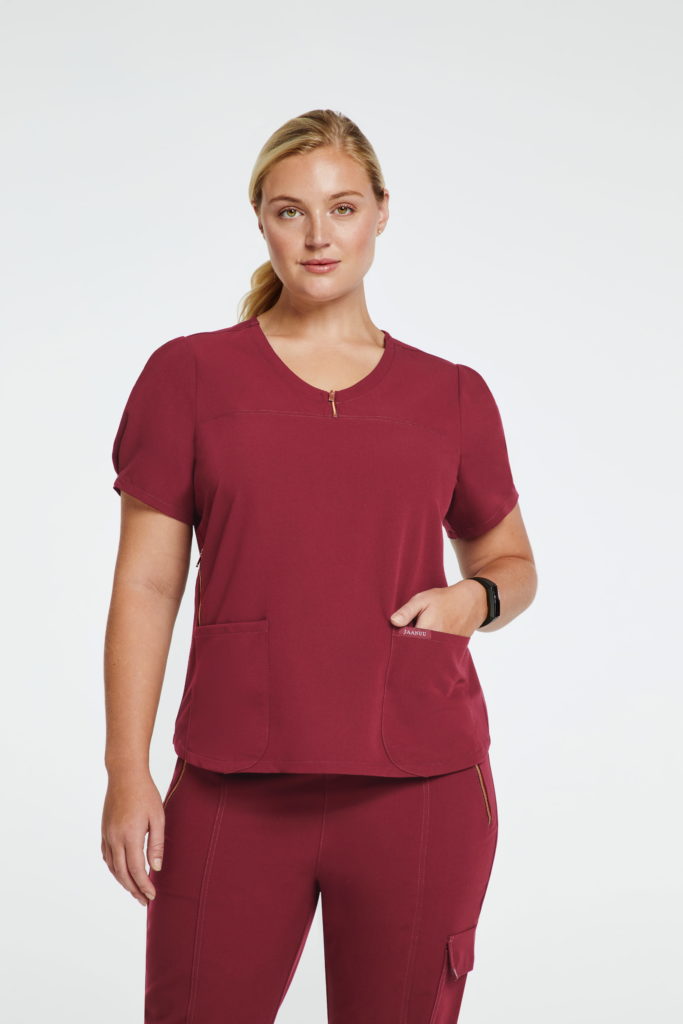“Wellness” is a buzzword of our day and age because many of us desire to comprehensively lead full, healthy lives. We’re a generation that focuses on self-care and mental health, whether joining yoga classes, going on spiritual journeys or working with a great therapist.
We now know that our emotions impact our physical health, and many of us are taking a more comprehensive approach to this end. This is where holistic medicine comes in.
And wherever there’s a branch of medicine, there are nurses who specialize in it, providing the best, nuanced care possible to their patients. Let’s discuss all the ins and outs of holistic nursing care and how you can practice it.
What does holistic mean?
Holistic refers to “holism,” which is the ideology of considering something as a whole. So, when applied to medicine, “holistic” refers to a comprehensive healing process that not only focuses on a particular ailment being treated but also on curing a whole person, which includes emotional, spiritual and mental health, in addition to physical well-being.
How does holistic nursing practice work?
Now that we’ve given you the basics of holistic medicine, let’s learn what is holistic nursing care, specifically?
Holistic nurses push past traditional care methods and include alternative treatments aimed at a more comprehensive approach to healing. These practices may sound more like spa or therapeutic services than traditional clinical care, but holistic medicine includes therapies focused on wellness and not just getting well. This style of practicing medicine works by bringing in therapies focused on wellness and not just getting well. Here are a few:
- Acupuncture
- Aromatherapy
- Massage
- Hypnosis
- Hydrotherapy
- Reflexology
- Guided imagery
- Exercise programs
- Meditation
What are the main responsibilities of a holistic nurse?
Holistic nurses view patient care differently than traditional registered nurses (RNs), and this outlook implies distinct responsibilities. Nurses practicing holistic approaches should:
- Commit to self-care and self-awareness
- Suggest alternative treatments
- Address the emotional and spiritual needs of patients
- Help patients with stress management
- Coach patients on diet and wellness

What skills should a holistic nurse have?
Being good at your job takes more than knowing the ropes. There are “soft skills” or traits that you must home to go above and beyond. Here are some of the key skills that you need to provide holistic care in nursing. These skills should accompany a strong base of clinical knowledge.
- Empathy: To provide comprehensive care that improves your patients’ wellness as a whole, you should assess that individual with an empathetic approach.
- Communication skills: To understand what your patients really need, you must talk to them, listen intently and share your findings with other healthcare team members.
- Open-mindedness: You must carefully consider every patient’s case to create tailored solutions.
How to get a holistic nursing job?
Becoming a holistic nurse may require shifting your way of thinking about medicine, which still requires a hard-and-fast educational route. Here’s what you can expect:
1. Get your degree
All RNs must hold a college-level degree in the field. There are two program options: An Associate Degree in Nursing (ADN) or a Bachelor of Science in Nursing (BSN). Although it takes longer to get a bachelor’s degree, this credential is a more widely accepted base for advanced nursing careers and specializations. There are also holistic nursing programs that focus on alternative healing methods such as therapeutic touch, acupuncture and energy work that you may want to consider.
2. Get licensed
To practice as an RN, you must clear the National Council Licensure Examination–Registered Nurses (NCLEX-RN). Once you do, you can apply for licensure from your state.
3. Get clinical experience
Start your career as an RN, and learn first-hand what it’s like to care for patients. This stage will be extremely important to becoming a knowledgeable and empathetic nurse.
4. Get your holistic nursing certification
While getting certified is voluntary, it makes you more knowledgeable as a healthcare professional. Plus, accreditation looks great on your resume. There are several holistic nursing certifications to consider. The American Holistic Nurses Credentialing Corporation offers the Holistic Nurse Board Certification (HN-BC), Holistic Nurse Baccalaureate Board Certification (HNB-BC), Advanced Holistic Nurse Board Certification (AHN-BC) and Advanced Practice Holistic Nurse Board Certification (APHN-BC).

What is the career outlook for a holistic nurse?
Holistic nursing is on the rise, thanks to our collective interest in wellness and alternative types of healthcare! In fact, jobs in the field are projected to increase by around 9%, which is on par with other nursing jobs.
So, how much does a holistic nurse make on average in the United States? It’s a fair question, especially with having to repay all those student loans and certification fees. You can expect to earn what all other RNs do, which is around $77,000 annually.
We consider ourselves a company with a holistic outlook. We don’t just focus on making quality, comfortable scrubs; we think about how to keep you feeling and looking good at work and home. We also dedicate time to creating content around living your best life as a medical professional.

